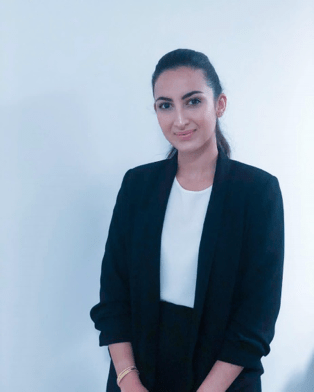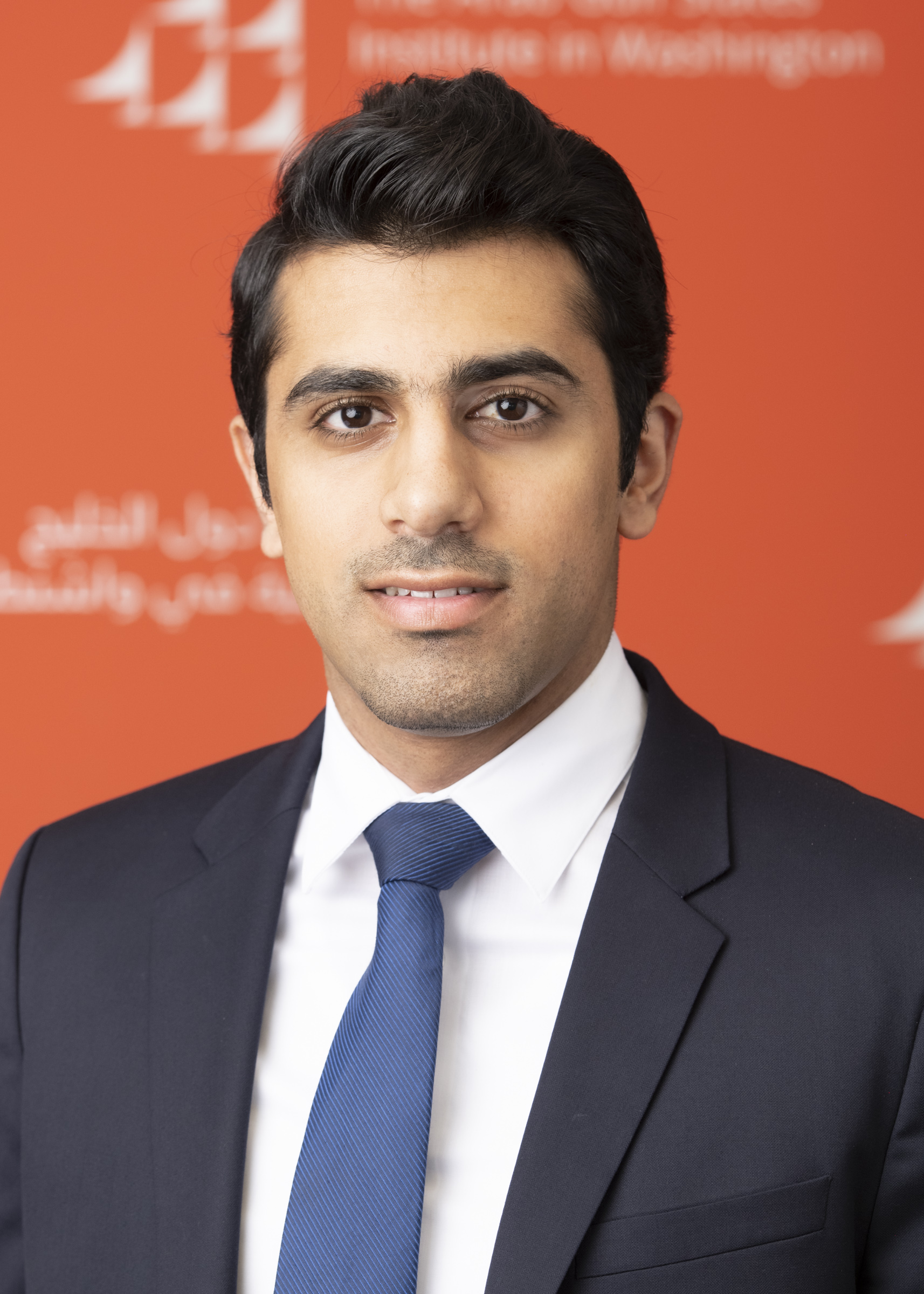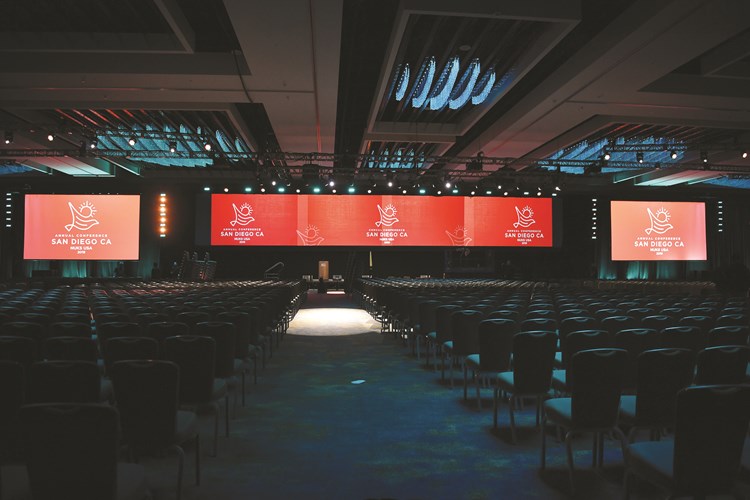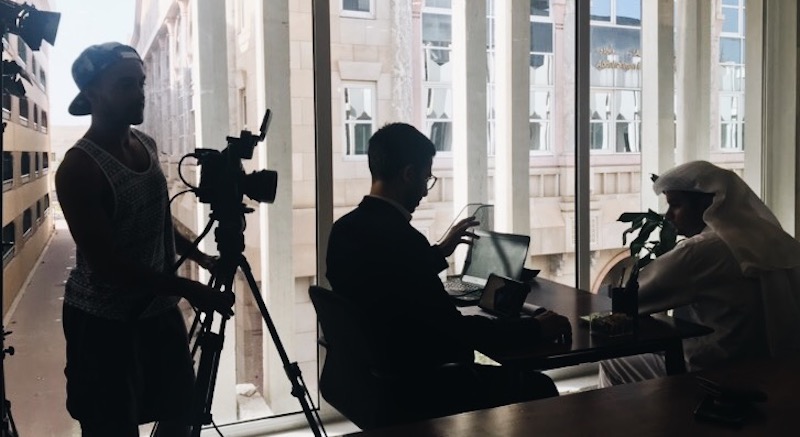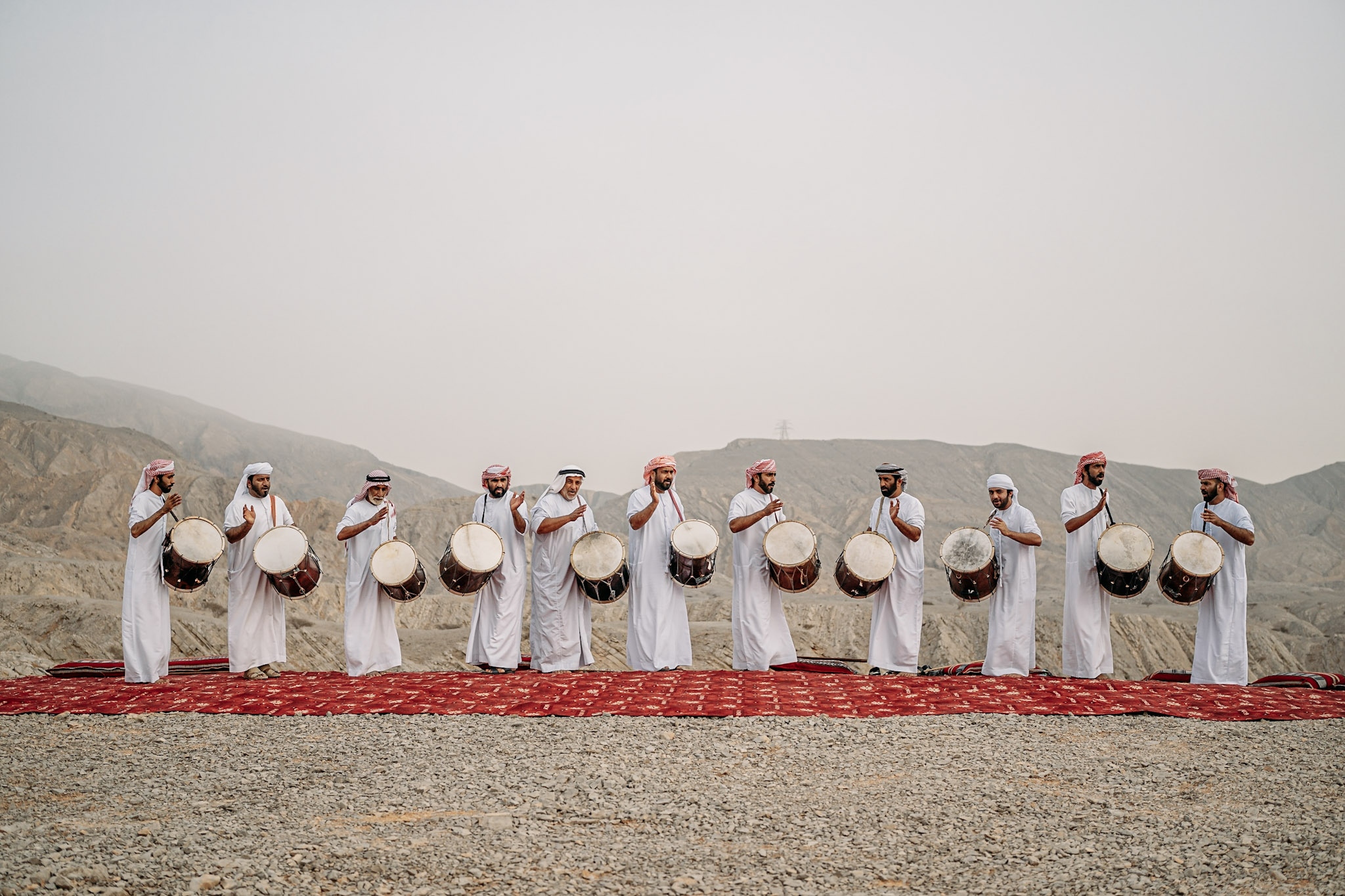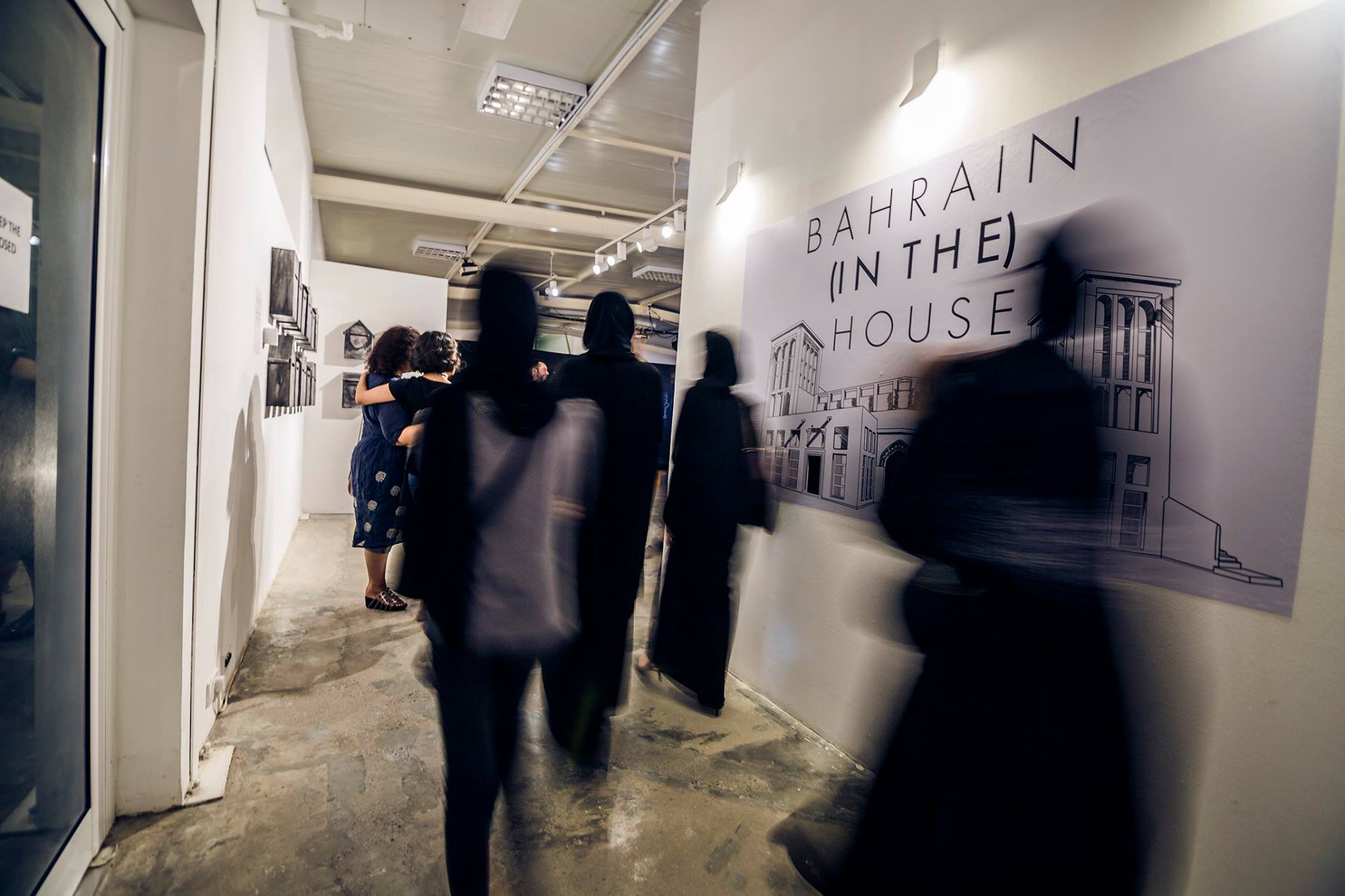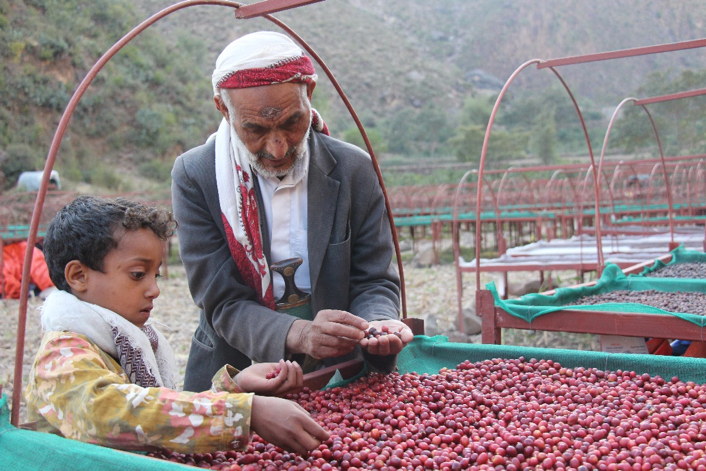Mudhawi’s List: Advocating for Kuwaiti Women in Politics
Kuwaiti women have played a significant role on the political stage in recent years, but they have yet to reach equal representation in the National Assembly. Mudhawi’s List aims to support women to achieve a more promising future in politics.
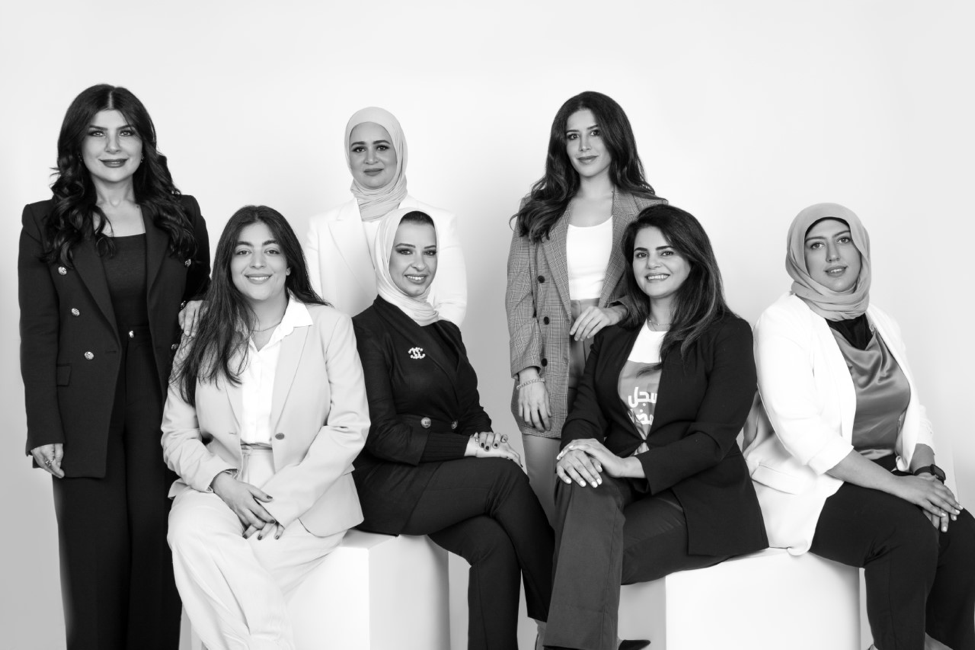
In 2005, Kuwaiti women gained the right to vote and stand for election, in a landmark year in women’s empowerment in Kuwait that shifted women’s social and political status. And four years later, four women were elected to the National Assembly. However, women haven’t seen that level of representation in Kuwait’s legislative body since the 2009 elections. Approaching parliamentary elections on December 5, female candidates are working hard to ensure that women are represented in the National Assembly.

Kuwaiti women rally to gain the right to vote in 2005 (Photo from Kuwait’s Ministry Affairs Council website)
Mudhawi’s List is an online platform recently launched to support female candidates running for elected office in Kuwait. The platform utilizes the virtual world as a stage to create a network among female candidates, donors, the private sector, and the wider public. It is future oriented in its goals, educational in its mission, and original in its content. AGSIW spoke to the four young and ambitious women who initiated Mudhawi’s List – Alanoud Al-Sharekh, founding member, Leanah Al Awadhi, co-founder and project manager, and Zainab Al Sammak and Abir Al Mutawa, both research directors – who shared their different perspectives on women’s political participation in Kuwait.
“The name Mudhawi conjures up an image of a wise woman who is a powerful ally. The name resonates within the Gulf states, where we hope to expand our activities in the future,” said Alanoud, who shared the inspiration behind the platform’s name and the project’s intended long-term plans.
Alanoud has been involved in Kuwaiti politics since 2005, with extensive experience working on political campaigns. When asked about her views on Kuwait’s electoral system, she stressed the gender inequalities nested in the existing structure saying “what became apparent to me very quickly, was that male candidates have many advantages over women candidates. It is a society where discrimination against women’s leadership runs deep.” Motivated by the fundamental notion of women’s empowerment, Mudhawi’s List was created to fill existing gaps.
Abir explained, “We conduct virtual sessions to inform the public about women’s past and present political participation. Programs include ‘Maqqar Mudhawi,’ which includes a live debate of two candidates interviewed by well-known figures in Kuwait, and ‘A Day in the Life of a Candidate,’ which follows female candidates’ day to day activities. On Saturdays on our Instagram account, we host ‘Share your Question,’ which is a quiz aimed at raising awareness on important dates and facts related to women’s political participation. Last, the Mudhawi’s Milestones page on our website captures information about previous female Parliament members.”
Mudhawi’s List also shows the persistence of Kuwaiti women in efforts to break systemic and social barriers. Despite challenges faced in the electoral process, their determination to be heard has been apparent through their increasing numbers. There were 15 female candidates in the 2016 elections running for 50 seats. Yet, only one woman won, Safaa Al Hashem, the longest-serving female parliamentary member. Although she resigned in 2014 due to her discontent over the administration of the Cabinet and the National Assembly, Hashem won three elections in a row.
This year’s female participation is exceptionally high: Of the 395 registered candidates, 33 are women. This representation isn’t matched in voter registration, however, as the percentage of women registered to vote has declined over the years. Still Kuwaiti women maintain a strong presence in the political arena through grassroot activities anchored by the millennial segment of the population. Zainab said, “Kuwait has witnessed a civic society boom in the last decade, especially in the field of women’s empowerment. Individuals realized the importance of grassroot-level movements and their role in defining and abolishing the unjust constructive norms within a society.”
Kuwaiti women’s efforts toward achieving bottom-up and top-down change in their social standing and political status has not been an easy task. The lack of funding available for female candidates, the restrictive one-vote system, the persistence of exclusively male political forums, and deeply embedded social stigmas all remain barriers to attaining equal political opportunities for women. According to Zainab, “One of the greatest challenges that hinder women in politics is the stereotypical image internalized within the society. Many believe that females are incapable of handling political and legislative pressures of elected office. Many think that women should either retreat back to the private sphere or have a voice, but in a limited capacity.” Leanah, however, expressed her views about Kuwait’s electoral system more broadly, saying, “I believe there needs to be a change in both the voting system and how districts are divided for the country to progress through the Parliament.”
Mudhawi’s List also works to raise public awareness of the disadvantages confronting women engaging in politics. Through a series of educational and training programs, the platform addresses typically neglected issues, such as political bullying and the extreme pressure placed on women entering public office. Leanah said that initially the platform itself was criticized. “When we first launched, a minority of the public’s reactions was negative, in the sense that Mudhawi’s List was questioned for supporting all female candidates regardless of their agendas. We were also labeled as a campaign encouraging the public to only vote for women.” To address the criticism, they utilized the platform’s diverse media connections to explain its intended goals. Abir stated, “Our posts on Instagram are meant to provide crucial knowledge that helps voters navigate through the election process smoothly and to help women running for office obtain all the information they need to support their campaigns.” Alanoud clarified that “Our goal is to help women reclaim their political narrative by providing a different media approach.” Women dominate Mudhawi’s List’s current followers, however, the founders expressed their aim to increase male involvement, given the platform’s objective to be all inclusive, with an end goal of reducing gender divides in the public sphere.
While every election cycle is different, this year’s elections are being held under unprecedented conditions due to the coronavirus pandemic. It may be too early to grasp its impact on the polls, but the current circumstances could negatively impact both campaigns and voter turnout and affect voting behavior.
Most affected is the tradition of campaigning in diwaniyas, a customary gathering space exclusively for men. This has accelerated the move to online campaigning, which could actually work to the advantage of women candidates, especially as social media is primarily consumed by millennials and the youth population. Their reliance on bottom-up campaigns could prove to be an antidote to traditional political practices, much as small-scale grassroot initiatives such as Mudhawi’s List may prove to be the disrupters that spur gradual progress and social change.
The views represented herein are the author's or speaker's own and do not necessarily reflect the views of AGSI, its staff, or its board of directors.
